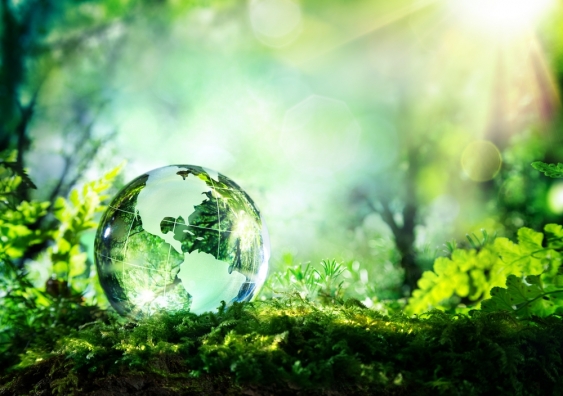‘Missed opportunity’: Australia to fall short of Sustainable Development Goals by 2030
Rapid progress for Australia on the UN’s Sustainable Development Goals is possible and could deliver a fairer, greener, more prosperous nation in 2030 – if managed properly – new UNSW research has found.

